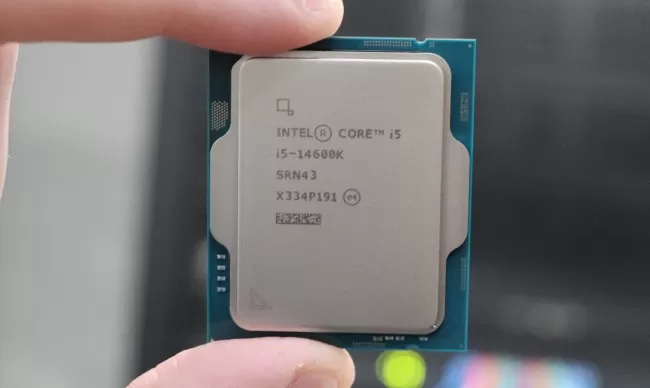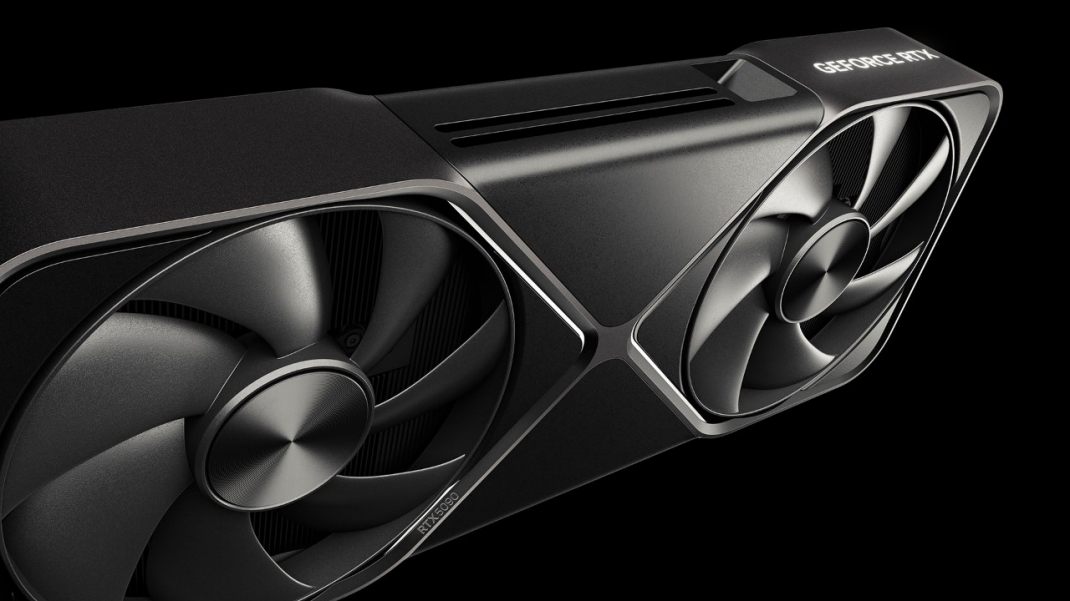- Intel is extending the warranty on 13th and 14th-generation processors from three to five years due to instability issues.
- An update is coming in mid-August, but it may not fix all existing problems or prevent undetectable damage.
- Intel suggests that while the warranty extension applies to retail boxed units, OEM system owners should contact their manufacturers for potential warranty extensions.
Intel announced its plans to add two more years of warranty on its boxed 13th and 14th-generation processors. This warranty is being offered due to the crashing and instability problems that Intel chips have faced for several months.
The problem affects all models 65W and above, so all flagship models and even entry-level mid-range processors are affected by the crashes. Since Intel’s processor warranty normally lasts three years, the extension will increase the warranty duration to five years for most boxed processors.
Why it matters: Intel is currently going through a difficult time. The company is laying off 15,000 employees as it navigates the challenging economic period. It hopes this move will help build goodwill among the PC hardware community.

The company will release a microcode update by mid-August to resolve the crashing issues during gaming and other workloads. However, the problem may be irreversible, and the upcoming microcode upgrade won’t “fix” chips that are already prone to crashes.
Users whose CPUs are already crashing must, therefore, send them back for replacements. Intel claims the update should prevent processors that haven’t had any problems from deteriorating.
However, it is currently unknown if CPUs exposed to high voltage have experienced damage or undetectable degradation that hasn’t yet caused a crash but could, in the future, cause errors or crashes.
Intel has made this announcement amid a class action lawsuit inquiry into the issue. The specifics of Intel’s new warranty extension are still being worked out, but the company promises to release more information soon.
Currently, the retail boxed units are covered by the two-year warranty extension; however, Intel’s statement suggests that owners of OEM systems should contact the manufacturer. As such, OEMs may also offer warranty extensions.
In a statement, the blue team has expressed regret for its delayed response. It now claims that Oxidation is not the primary cause of the instability problems plaguing its processors.
Thank you! Please share your positive feedback. 🔋
How could we improve this post? Please Help us. 😔
[News Reporter]
Malik Usman is student of Computer Science focused on using his knowledge to produce detailed and informative articles covering the latest findings from the tech industry. His expertise allows him to cover subjects like processors, graphics cards, and more. In addition to the latest hardware, Malik can be found writing about the gaming industry from time to time. He is fond of games like God of War, and his work has been mentioned on websites like Whatculture, VG247, IGN, and Eurogamer.




